The brave Greek Orthodox priest from Nazareth, Father Gabriel Naddaf, spoke to The Jerusalem Channel’s gathering this week during our “Moveable Feast of Tabernacles” in Jerusalem’s Armenian Quarter. It is vitally important for all Jews and Christians to know this great man of God and to understand the prophetic movement he is currently spearheading in the Middle East. Below are the notes from his talk:
Good evening and happy holidays to all.
I would like to thank you all for coming. I’m so proud to stand here before you.
I was born in the city of Nazareth, in the north of Israel, the town where the angel Gabriel, whose name I have, appeared to Mary, the mother of God, the town where Jesus Christ grew up and began his ministry.
When I grew up, Nazareth was a city that was Christian in the majority—mostly Greek Orthodox, but also Catholics and Protestants. Now it is majority Muslim.
As a child, I was always told that there were troubles all around me. I was told there were bad relations with the Jews. I was told the Jews said this was their country, and the Arabs said it was theirs. After high school, I went to live with my grandmother in Haifa, a mixed city of Jews and Arabs. I began to work and meet with Jews. Every day I was around Jews. I worked in a Jewish-owned hotel and was successful, and they sent me to training courses. They invested in me. The idea that I needed to be scared of Jews, or that there was something dangerous, was simply not true. The myth was exposed.
Since my childhood, I had the feeling that I had to serve the Church. My family did not want me to be a priest; they wanted me to be a lawyer or a doctor. But it was my calling. So I began my studies with the Patriarch, and learned that we as a people, our roots, are from the Jewish people. I learned that Jesus Christ was Jewish, part of the people that Moses led out of Egypt with the hand of God. Part of the tradition passed to Joshua.
Joseph and Mary who raised Jesus Christ were Jewish and knew the scriptures. Our prayers are the Psalms of King David, and the words of the Bible—the New Testament, the Old Testament, this is one book for Christians.
The Pope Francis recently spoke with Prime Minister Netanyahu about what Jesus spoke—Hebrew or Aramaic, which is the language of the Talmud.
We are struggling amongst the Christians of the Holy Land to learn our history. We are Israeli Christians. We live as a minority within the minority. We are a quiet community, respectable, tolerant and proud, and have very good relations with the Jewish community living in the land.
This is a cause of great pride for me: from the past to the present, good and reliable relationships have always been maintained between members of the Christian community and Jews in Israel. The State of Israel has demonstrated a considerate attitude towards my community. And today Israel, the Jewish State, is the only place where Christians are safe, even though the Christian community lacks wise leadership of its own that would lead it in the right path of full engagement with the Jewish community.
Unfortunately, there are some people who are considered Christians who oppose anything that would help the integration of the Christian community with the Jews in Israel. And, to my dismay, there are also some elements, neither Jewish nor Christians, that want to sabotage these developments for all sorts of personal interests. And there are even Christians who oppose not going in the way of Christendom.
The Christian community wants to integrate into the Israeli society. It opposes the stances of its leadership, which is not interested in doing so. The truth is that the Christian minority, which is mainly urban and well educated, has tried in one way or another, to become aware of this discrimination. There are forces that push “the Christian minority” to the side, so that it will remain the “victim of nationalism,” not independent and involved in a conflict that it is not connected to.
I’m here to open the eyes of the community. If we don’t want to lie to ourselves and to the rest of the community, then it is up to us to say in a loud and clear voice: “Enough.”
In spite of all this, a large number of Israeli Christians are leaning towards breaking free from the notion that they are shackled in the ropes of bureaucracy, and the rest are at a loss, hovering between breaking free of the constrictions that bind them and their loyalty to the State.
Allow me to make an important point before going further: our origins as Christians are engraved and rooted in this land since the time of Jesus our Lord, because from here, Israel, grew the teachings of Jesus. Christianity is a continuation of the Jewish religion. Its roots are in the Tanach, the Jewish Bible, in the book of the Prophets, which are in the Tanach and New Testament.
Christianity considers itself bound to the Tanach and is not separated from it. The difference is that Christianity sees what it said in the Book of the Prophets as having been realized at the time of the New Testament during the life of Jesus. Due to our connection to the Land, to our roots–and in light of what is happening in the Arab countries, and the terrible suffering of the Christians in these countries, and the daily killings, just because they are Christian.
Just look around us– a century ago, Christians were some 20 percent of the Middle East. Today, that figure is estimated at 4 per cent.
Since 2000, over 77 per cent of Iraq’s 700,000 Christians have fled.
In Syria? Do not even ask. It is too terrible what is happening there.
Before the Civil War in Syria, there were over two million Christians, and today we understand there is around a quarter of a million.
Across the Middle East and Africa in the last ten years, 100,000 Christians have been killed each year: this means that every five minutes a Christian is killed just because of his faith.
The Christian population of the Middle East is emptying. Those able to leave do so. In Iraq there were in excess of four million Christians; now there are less than 350,000.
And closer to home, in Bethlehem–which the Gospel describes as the Jewish town of Bethlehem–now less than two per cent of the population are Christians.
The world is still fixed on the idea that this is because of the “occupation.” But the problems for Christians under Muslim rule has nothing to do with the conflict between Israel and the Palestinians.
And what about life for Christians in Israel? It is good, even excellent.
There is good education, employment, welfare and health care. Christians are at a high socio-economic level.
We have in Israel freedom of worship and religion.
Those who want to destroy the Jewish State and replace it with a Muslim or Palestinian state will be signing the death warrant on the last free Christians in the Holy Land.
Our youth feel that they must sacrifice for the State that is protecting them.
Christianity is a religion of love and peace. We must understand that the love that Jesus Christ taught was not a one-sided love. It was a love that brings other people to love and to live in peace.
Yes, I love my enemy, but I will not let him kill me!
Look at the history of the Islamic conquest, the Armenian Genocide and so on. . . and now today what is happening. Who could forget the genocide of their own people?
Forgive–we pray to be able to forgive, but not forget. This is Christianity.
The Patron Saint George was the first Christian soldier. He was born to a Christian family, and the majority of churches in the Holy Land are named for him. But we have forgotten his message, that we must defend Christianity as a faith and as a people.
So, we started the IDF Forum for Christian Soldiers established in 2012 by Major Ihab Shlayan of the Christian community.
Not because the IDF means we can fight. Not because we want to be soldiers with guns. No. But because the Israeli army is a place of innovation, of technology and education. It is a place where all come together: religious Jews, non-religious Jews, Bedouin, Christians, Muslims and more. You learn to live alongside your brother, and care about one another.
By being part of the IDF, and the civil service, and the national bodies of the state, we can serve the country in which we are free.
Why the IDF? Because we want to serve the country were we are protected.
We love Israel, and we see the army as a first step in becoming more integrated with the State.
I thank you for the honour you have given me, and God bless you. Shalom.

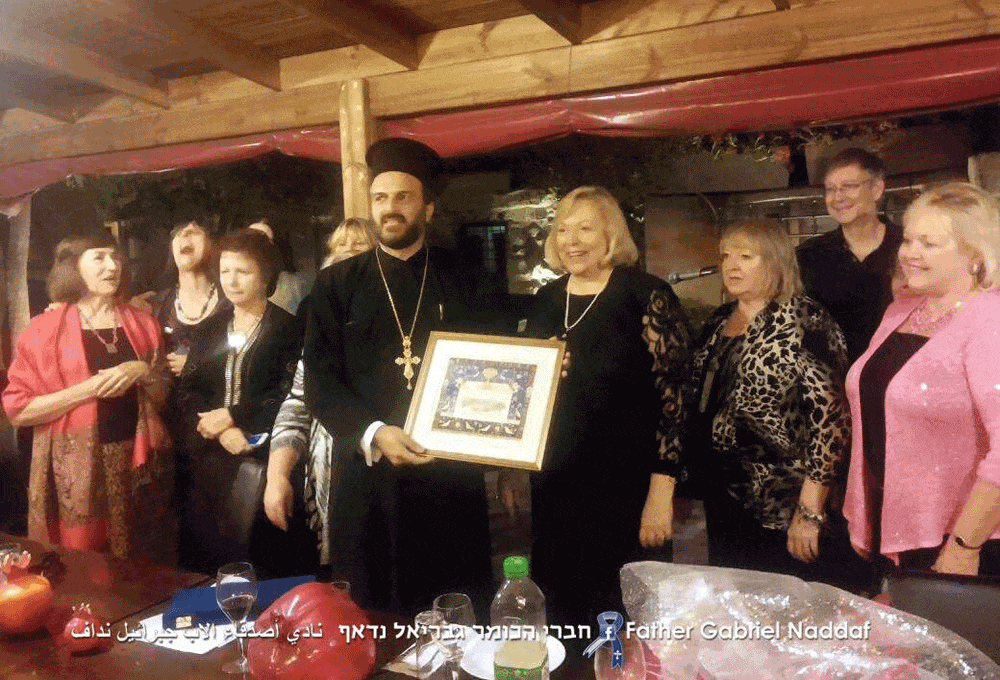
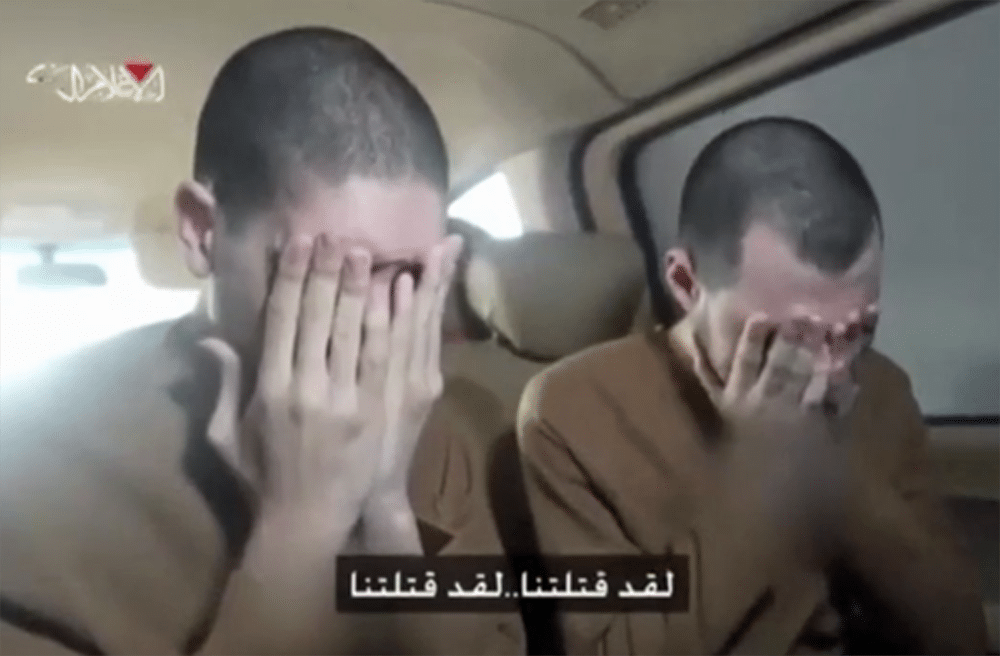

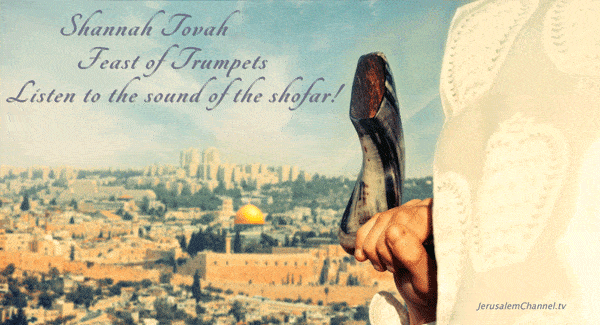
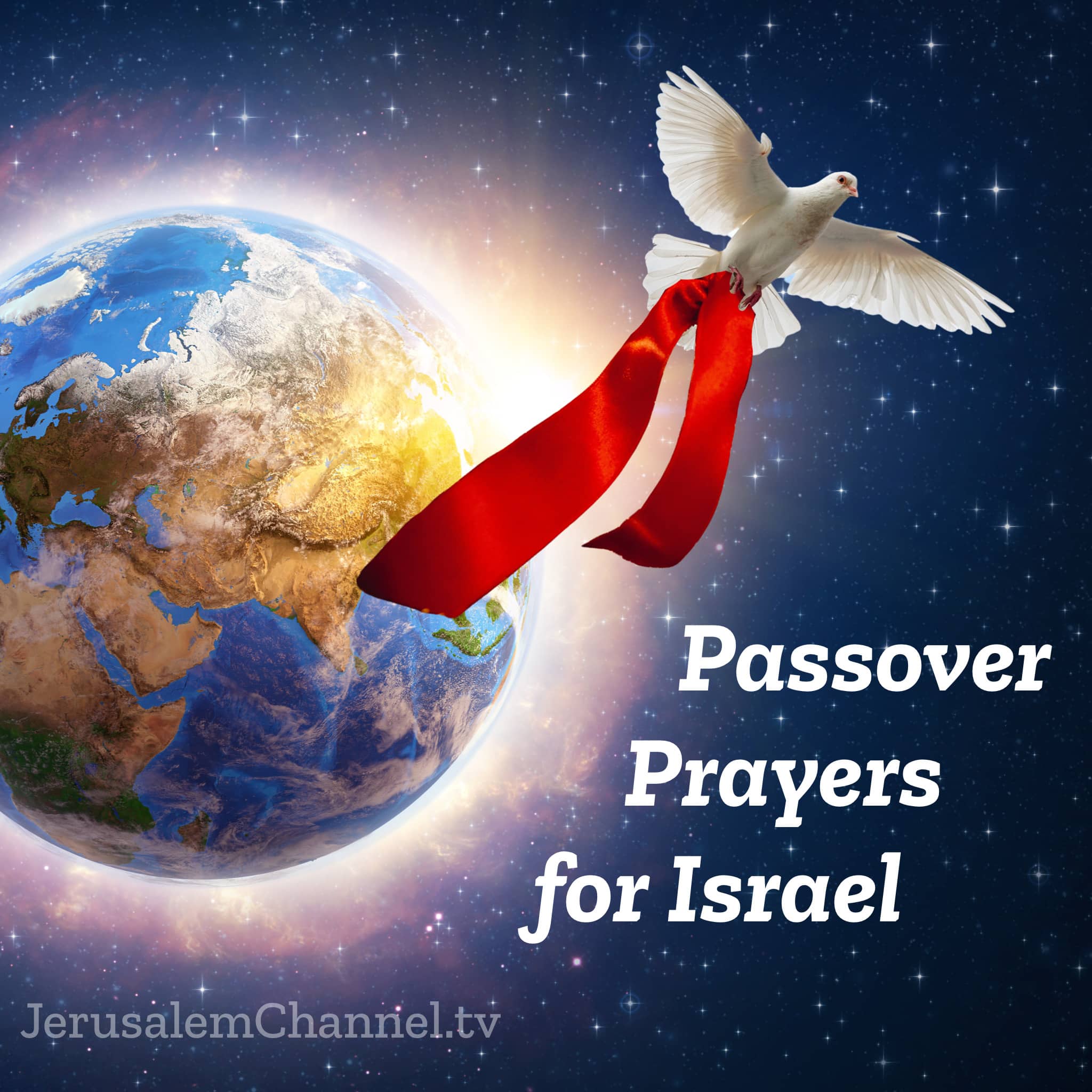
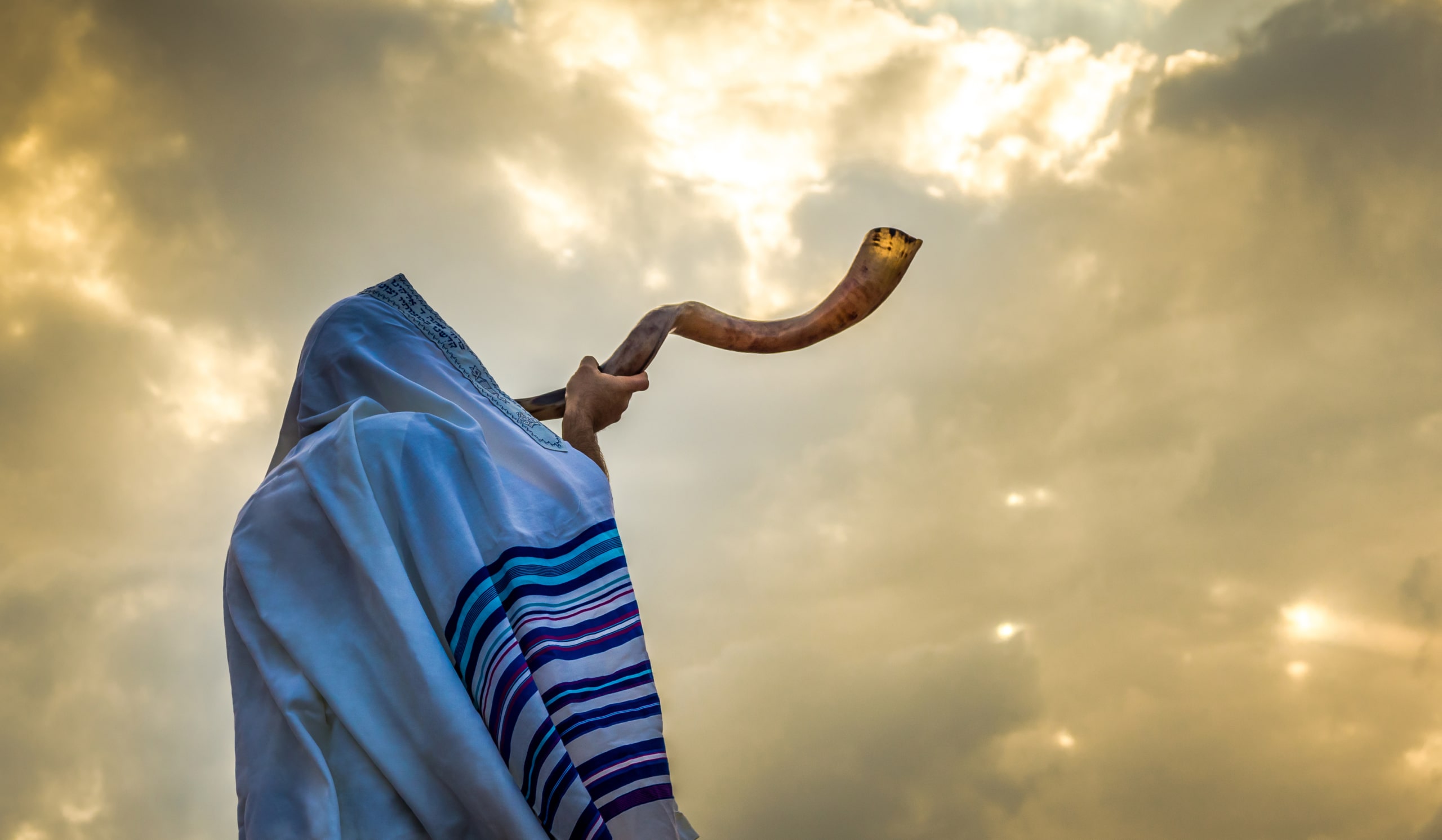
Leave A Comment